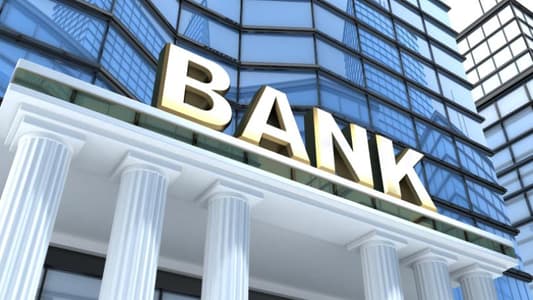Banks and schools were shut across Lebanon on Tuesday in a new wave of disruption amid urgent political efforts to form a new government to steer the country out of its worst economic crisis since the 1975-90 civil war.
Bank branches, which were closed for nearly half of October, shut again on fears for the safety of staff who have felt intimidated by customers demanding access to their money and protesters who have gathered at banks, a union leader said.
The demonstrations have been fueled by anger at Lebanon’s ruling elite, widely perceived to have overseen rampant state corruption for decades.
Banks have been seeking to prevent capital flight by imposing restrictions on dollar withdrawals and transfers abroad.
“We aim to meet with the Association of Banks in Lebanon today and decide how we’re going to work together to solve this issue so that bank employees are not harassed,” President of the Federation of Syndicates of Bank Employees George al-Hajj said.
ATM machines will be stocked so that depositors do not feel “punished” by the strike action, Hajj said.
Lebanon’s central bank said on Monday that bank deposits were secure and it had the ability to preserve the stability of the pegged Lebanese pound.
In a televised news conference, central bank governor Riad Salameh said capital controls were not on the table and there would be no haircut - or value-reduction - on deposits.
Schools were also closed on Tuesday, a decision the education minister announced on Monday because of calls for a wider strike and out of respect for “students’ right to express their views”.
Lebanon was pitched into deep turmoil on Oct. 17, when a wave of protests against the ruling elite began that led Prime Minister Saad Hariri to resign on Oct. 29.






TWEET YOUR COMMENT